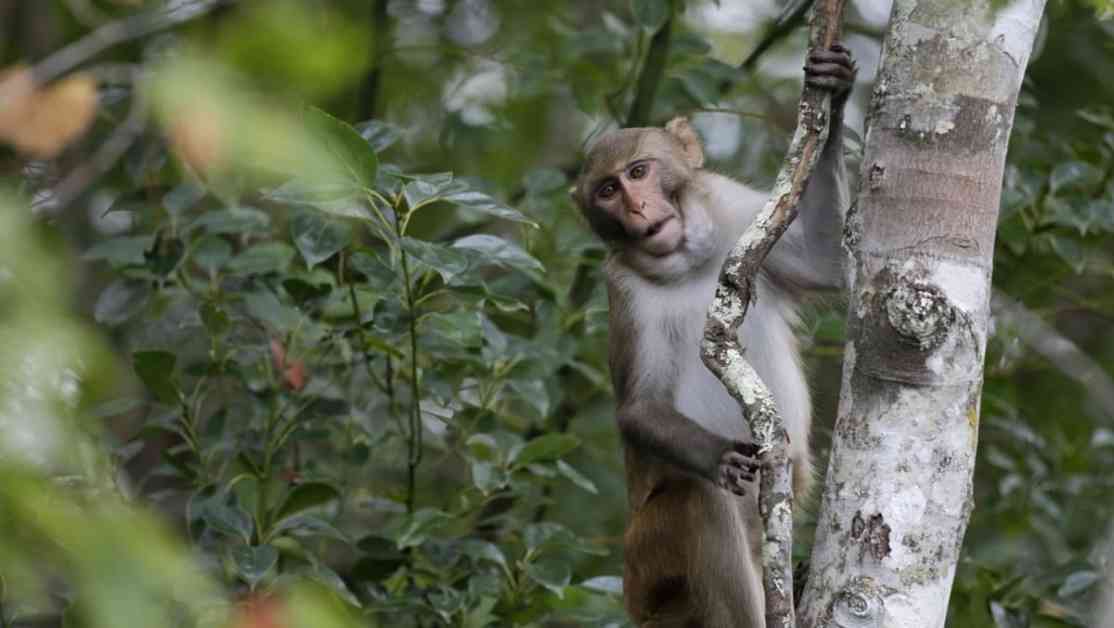Summary: In 2024, the National Parks Board (NParks) trapped 50 monkeys in Punggol, sterilizing most of them to manage the monkey population. Minister for National Development Desmond Lee explained that the intervention was necessary due to human-monkey conflicts and aggressive behavior displayed by some monkeys.
SINGAPORE: The management of the monkey population in Punggol grabbed headlines in 2024 when the National Parks Board (NParks) undertook a significant effort to trap and sterilize 50 monkeys in the area. This move was prompted by reports of human-monkey conflicts and instances of aggressive behavior displayed by the primates, as highlighted by Minister for National Development Desmond Lee in a written parliamentary answer on Tuesday, March 4th.
NParks’ Population Control Measures
Minister Desmond Lee emphasized the importance of long-term population control measures to address the escalating conflicts between humans and monkeys in Punggol. These measures included sterilization and the removal of monkeys exhibiting aggressive or intrusive behavior. The decision to intervene was based on reports received by NParks, indicating the urgency of safeguarding public safety in the area.
To address Associate Prof Jamus Lim’s parliamentary questions regarding the sterilization program and the population control strategies in Punggol, Minister Lee explained that NParks conducted extensive research and assessment before carrying out the sterilization of 50 monkeys in the vicinity. This science- and community-based approach aimed to ensure the well-being of both residents and monkeys, emphasizing the need for sustainable coexistence.
Challenges Faced by Punggol Residents
The monkey population in Punggol has posed numerous challenges for local residents in recent years, with reports of monkeys venturing into urban areas in search of food and causing property damage. Stories of monkeys rummaging through bins, invading shops, and even stealing food have become commonplace, creating a sense of unease among the community.
As highlighted in various media reports and social media posts, the presence of monkeys in residential areas like Waterway Sunrise Estate has raised concerns about safety and wildlife intrusion. NParks’ proactive measures to guide monkeys back to forested areas and relocate those invading homes reflect the agency’s commitment to balancing population control with conservation efforts.
By engaging with stakeholders, such as grassroots advisers and town councils, NParks has sought to educate Punggol residents on responsible wildlife management practices, emphasizing the importance of refraining from feeding wildlife and maintaining cleanliness in residential areas. The collaborative efforts between the community and NParks underscore the shared responsibility in preserving Singapore’s biodiversity while ensuring public safety.
In conclusion, the sterilization of monkeys in Punggol represents a holistic approach to wildlife management, blending scientific research with community engagement to address the complex challenges posed by urban wildlife populations. As Singapore continues to grapple with human-wildlife conflicts, initiatives like NParks’ sterilization program serve as a beacon of hope for sustainable coexistence between humans and animals in urban environments.


























